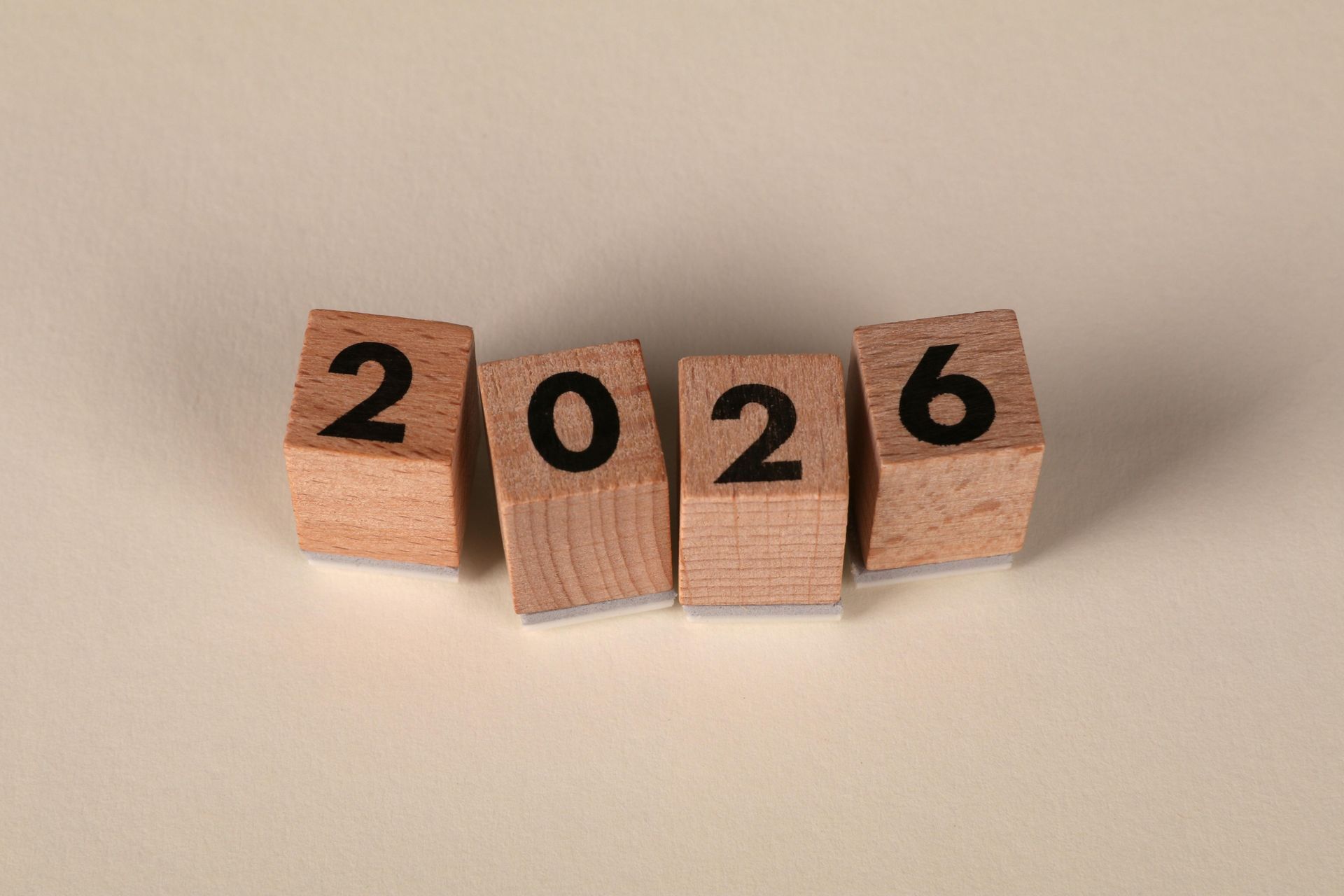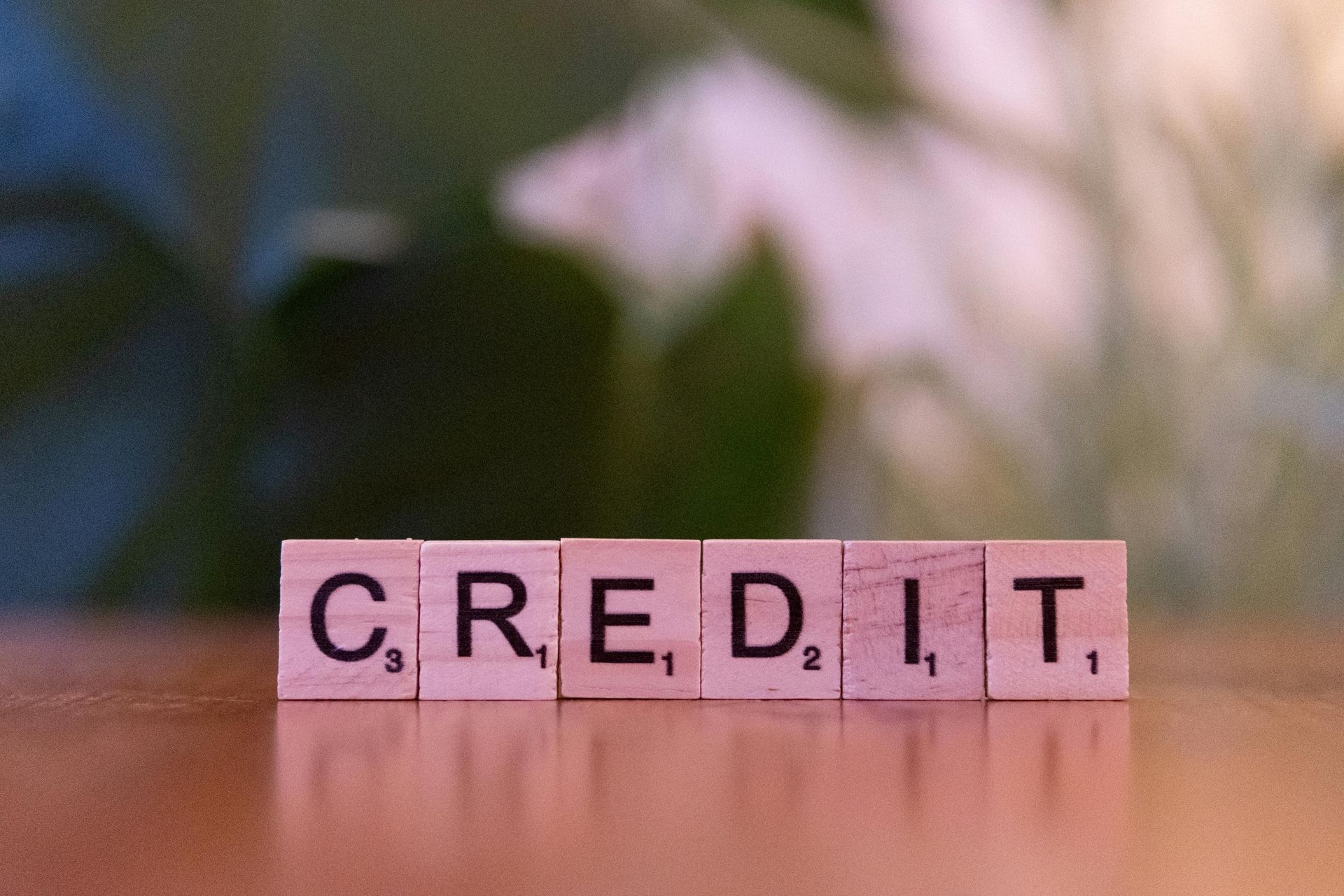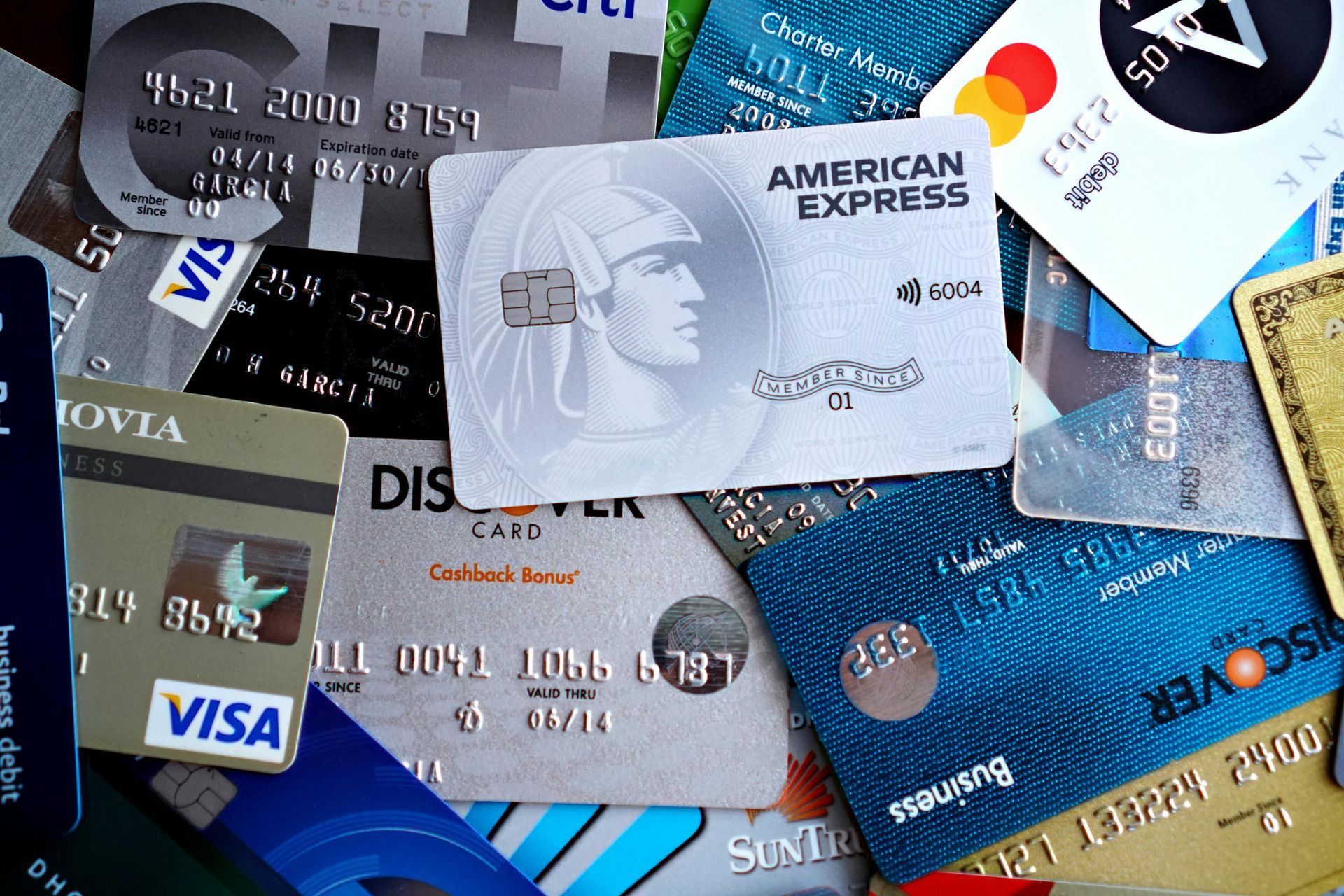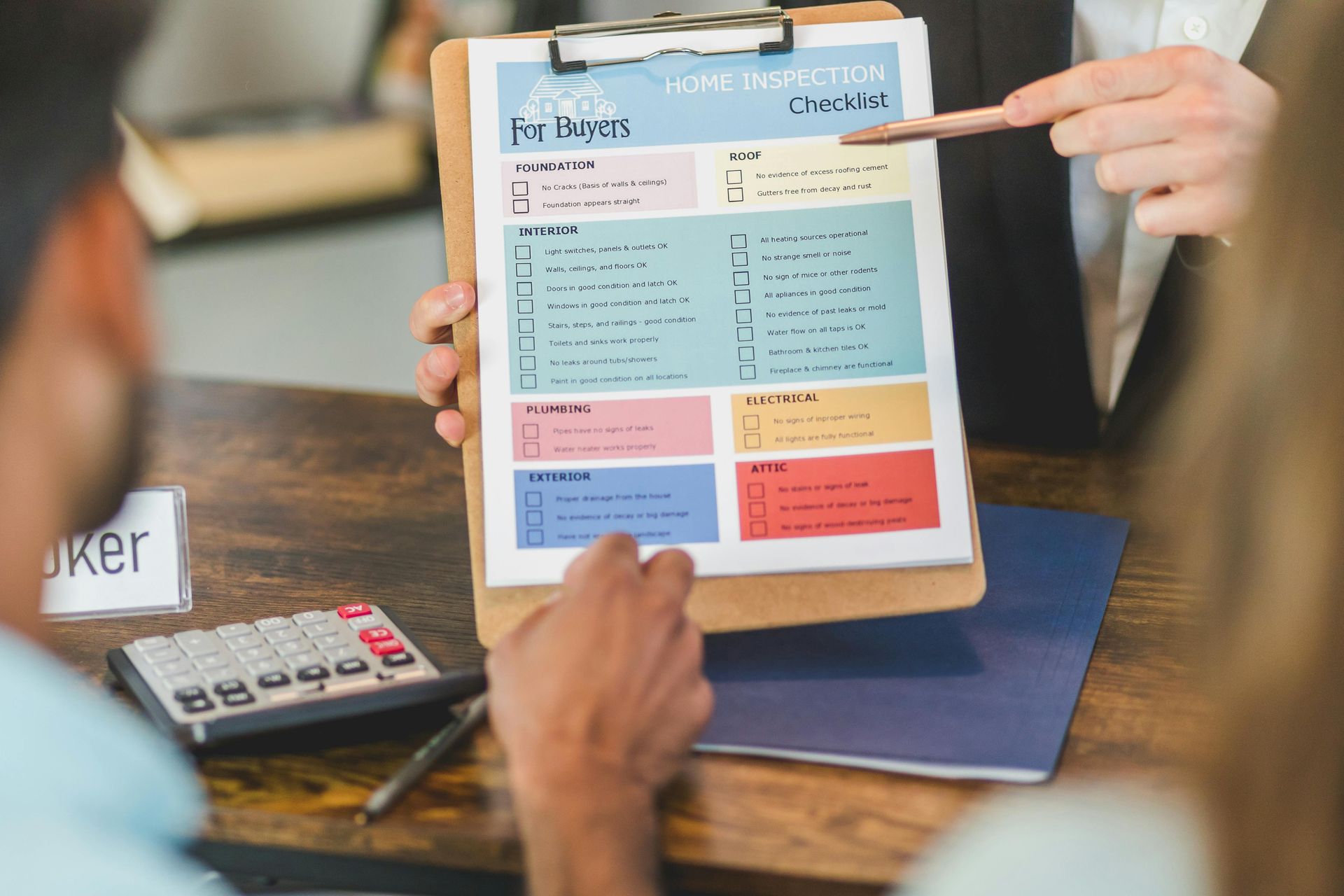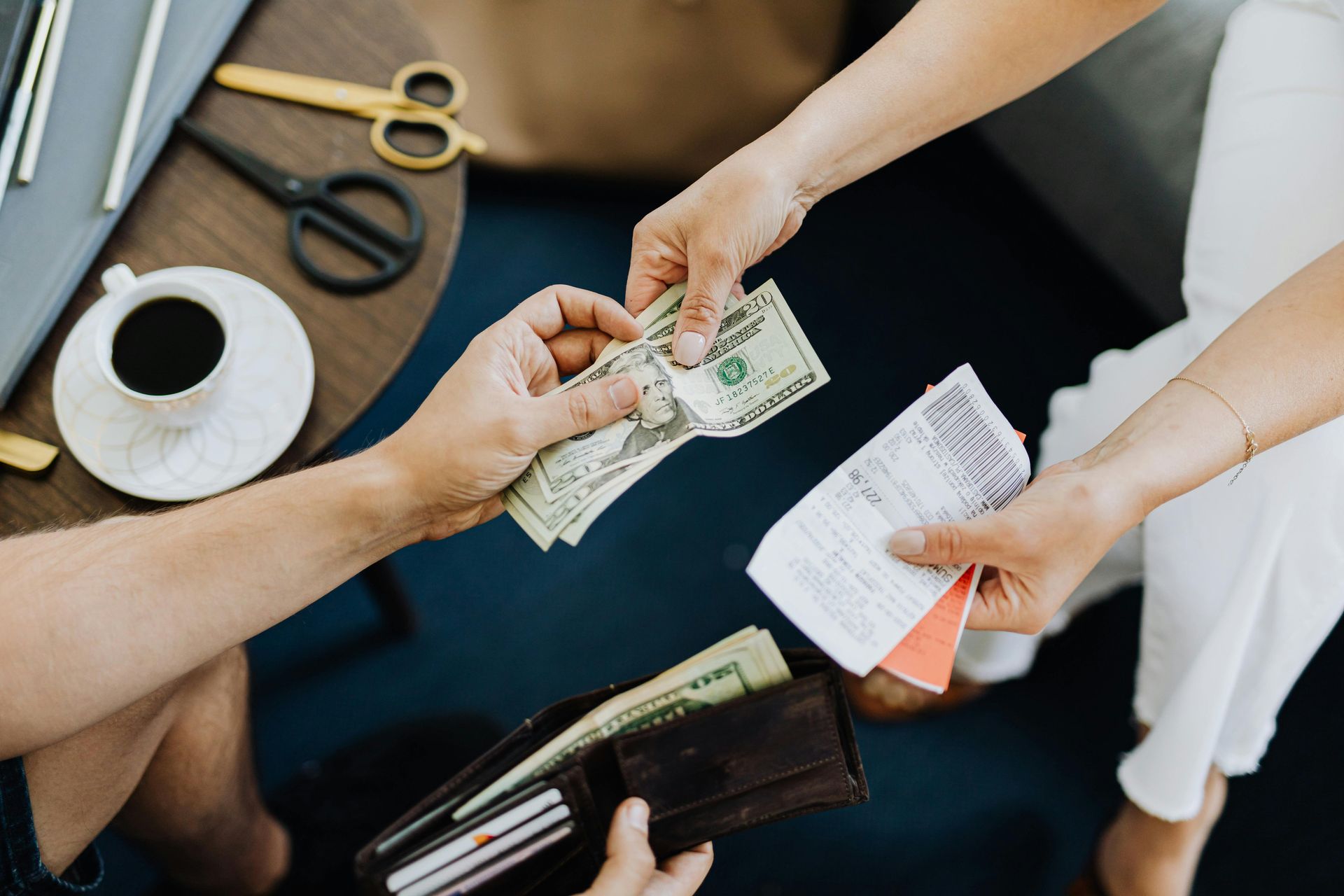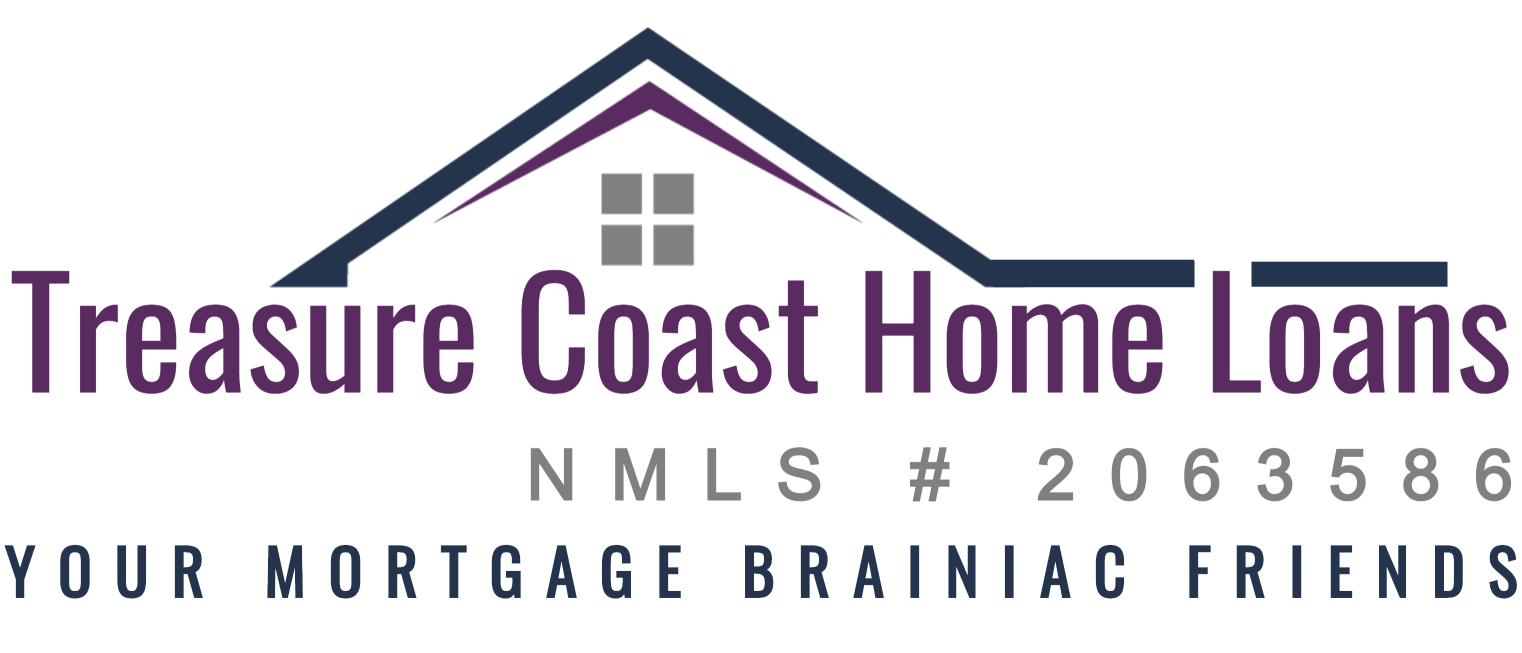Understanding Seller-Paid Closing Costs: A Guide for First-Time Home Buyers and Move-Up Buyers
As a first-time home buyer or someone looking to move up to a larger home, navigating the world of mortgages and closing costs can be overwhelming. One crucial aspect that can significantly alleviate financial stress is seller-paid closing costs. This article will explore what seller-paid closing costs are, how you can obtain them, and the different allowances based on various loan programs. By understanding these concepts, you can position yourself for a smoother home purchasing experience.

What are Seller-Paid Closing Costs?
Seller-paid closing costs refer to the costs associated with closing a real estate transaction that the seller agrees to cover on behalf of the buyer. Closing costs typically range between 2% to 5% of the home's purchase price and can include fees for loan origination, appraisals, title insurance, credit reports, and various recording fees. By having the seller cover these expenses, you can conserve your cash reserves for other crucial purchases associated with the home buying process, such as furniture or essential repairs.
Why Consider Seller-Paid Closing Costs?
1. Reduced Out-of-Pocket Expenses: Closing costs can be a hefty burden for first-time home buyers, often requiring thousands of dollars in cash upfront. Seller-paid closing costs can significantly reduce these immediate expenses.
2. Competitive Advantage: In a competitive housing market, offering to cover some of the buyer's closing costs can make your offer more appealing to sellers. This is especially important in multiple-offer situations.
3. Expanding Your Budget: By lowering your cash requirements at closing, seller-paid closing costs can allow you to focus more on purchasing a home that meets your needs without extending your budget.
How to Obtain Seller-Paid Closing Costs
1. Negotiate with the Seller
The most straightforward method of obtaining seller-paid closing costs is through negotiation. Typically, this is done during the offer process, especially if you find yourself in a buyer's market where the seller may be more willing to accommodate your needs. Here are steps to consider while negotiating:
- Highlight Your Strengths as a Buyer: If you have been pre-approved for a mortgage and can show the seller that you are financially ready to purchase the home, they might be more inclined to cover your closing costs.
- Make a Strong Offer: When making your offer, you can build seller-paid closing costs into your initial bid. For example, if a home is listed at $300,000, you might offer $310,000 and request that the seller cover up to $10,000 in closing costs. This method can be particularly appealing in negotiations.
- Include Seller Concessions in Your Offer: Clearly state in your purchase agreement how much you would like the seller to contribute to your closing costs. Be specific about whether you want it as a credit at closing or direct payment to your lenders.
2. Utilize a Buyer’s Agent
Having a knowledgeable buyer's agent by your side can make a world of difference in negotiating seller-paid closing costs. They can guide you through the intricacies of negotiation, provide insights into market conditions, and suggest reasonable amounts for sellers to contribute based on comparable properties.
Seller-Paid Closing Costs by Loan Program
Understanding how each loan program approaches seller-paid closing costs is crucial for maximizing your benefits. Here’s a breakdown of popular loan types and their respective allowances:
1. Conventional Loans
Conventional loans are not backed by the government, and the rules can vary based on your credit score and down payment:
- If you make a down payment of less than 10%: Sellers can contribute up to 3% of the purchase price towards closing costs.
- For down payments between 10%-25%: Sellers may contribute up to 6% of the purchase price.
- With down payments exceeding 25%: The limit rises to 9%.
2. FHA Loans
FHA loans are popular among first-time home buyers due to their lower down payment requirements:
- Maximum Seller Contribution: For FHA loans, sellers can contribute up to 6% of the purchase price towards closing costs, regardless of your down payment percentage. This flexibility can be particularly beneficial for buyers needing additional assistance.
3. VA Loans
VA loans, available for veterans and active military personnel, are another viable option:
- Maximum Seller Contribution: Sellers can contribute unlimited amounts toward closing costs and pre-paid items. However, they cannot pay for a buyer's down payment. This makes VA loans exceedingly beneficial for veterans looking to minimize upfront costs.
4. USDA Loans
USDA loans are specifically designed for rural home buyers and offer several advantages:
- Maximum Seller Contribution: Similar to FHA loans, sellers can contribute up to 6% of the purchase price towards closing costs. However, certain occupancy requirements must be met, as properties must be in eligible rural zones.
Occupancy Requirements
Understanding occupancy requirements is vital for ensuring compliance with different loan programs. Typically, to qualify for seller-paid closing costs, the buyer must occupy the property as their primary residence. Here’s a look at the general expectations:
1. Primary Residence: Most loan programs, including FHA, VA, and USDA, require that the home is intended to be your primary residence, not a rental or secondary home.
2. Loan Terms: Ensure you clearly state your intention to occupy the property upon obtaining the mortgage. This can affect the seller's willingness to contribute and may impact your loan's terms and conditions.
The Advantages of Seller-Paid Closing Costs
Incorporating seller-paid closing costs into your buying strategy can yield several advantages:
- Reduced Financial Strain: The immediate burden of closing costs can strain your cash flow. Reducing this amount can make your home buying process less stressful.
- Increased Flexibility: The additional cash saved can allow you to tackle other financial responsibilities or make necessary purchases for your new home.
- Enhanced Buying Power: With lower out-of-pocket costs, you can focus on properties that may have been previously out of your budget, allowing for broader options.
Potential Drawbacks and Considerations
While there are many benefits to seller-paid closing costs, consider these potential drawbacks:
- Higher Purchase Price: Incorporating seller-paid closing costs into your offer may necessitate a higher purchase price. Be cautious and ensure that the new price aligns with market values to avoid being over-leveraged.
- Appraisal Concerns: If the appraisal does not meet the increased purchase price, you may encounter challenges in securing the loan, as lenders typically will only finance up to the appraised value.
- Competition: In highly competitive markets, sellers may be less likely to agree to cover closing costs. Ensure you assess the market thoroughly.
Conclusion
Seller-paid closing costs can significantly ease the financial burden of purchasing your first home or moving up to a larger one. Understanding how to negotiate these costs and knowing the maximum allowances based on different loan types can empower you to make informed decisions. By carefully contemplating the pros and cons, you can set yourself up for a successful home-buying journey.
Call to Action
Are you ready to take the next steps toward homeownership? Whether you are a first-time buyer or moving up to your dream home, having a knowledgeable mortgage broker by your side is essential. Contact us today to discuss how we can assist you in navigating the complexities of your mortgage process, including seller-paid closing costs!
Start Your Mortgage Application with Treasure Coast Home Loans
Your Local Mortgage Broker
Mortgage Broker Port St. Lucie, Florida
Learn More About the Mortgage Process.
Check Out Our Google Verified Reviews


